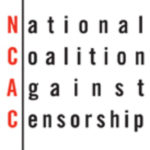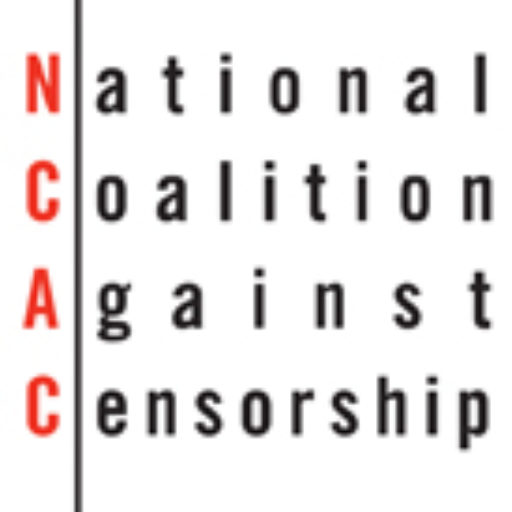 NCAC has joined 4 other First Amendment organizations in asking the Supreme Court to hear the case of a Minnesota nursing student who was kicked out of a community college nursing program for a series of social media posts that were deemed to breach the institution’s policy on “unprofessional” conduct.
NCAC has joined 4 other First Amendment organizations in asking the Supreme Court to hear the case of a Minnesota nursing student who was kicked out of a community college nursing program for a series of social media posts that were deemed to breach the institution’s policy on “unprofessional” conduct.
NCAC, the Student Press Law Center, the Cato Institute and the Electronic Frontier Foundation are joining the student nurse’s, named Craig Keefe, effort to overturn the Eighth Circuit U.S. Court of Appeal’s 2-1 decision in support of the college’s decision to expel Keefe.
Craig Keefe was removed from a nursing program Central Lakes College in Minnesota in 2012 after a fellow nursing student complained about a series of offensive and insulting Facebook posts he had written. As the Student Press Law Center reports, in the posts, Keefe described another student as a “stupid bitch” and claimed that female students received preferential treatment in the nursing program. He also humorously expressed his frustration over the noise of a pencil sharpener while he was working on a group project.
The college decided to expel Keefe after deeming his comments to infringe its student code of conduct that forbids behavior “unbecoming of the Nursing Profession” or behavior that “[transgresses] professional boundaries.”
The amicus brief filed this week in relation to the incident, which occurred in 2012, expresses concern at the Court of Appeal’s decision in that it supports the college’s decision to apply its institutional speech codes to constitutionally protected off-campus speech. The brief argues, “a private association can adopt whatever views of professionalism it chooses; but the First Amendment prevents a public university from embodying such private associations’ views into officially enforced speech restrictions.”
The brief goes on to express concern over the precedent the lower court’s decision sets: that college administrators can punish students for speech that they subjectively judge to be straying from the vague notion of “professionalism”. This could, as the Cato institute points out, open “the door for professional schools, including law and business schools, to enforce ideological litmus tests under the guise of ensuring adherence to professional ethics.”
Applying an institutional code of conduct in this way would amount to an unconstitutional act of viewpoint discrimination, essentially outlawing student opinions or statements that are non-mainstream or dissent from institutionally defined orthodoxies.


